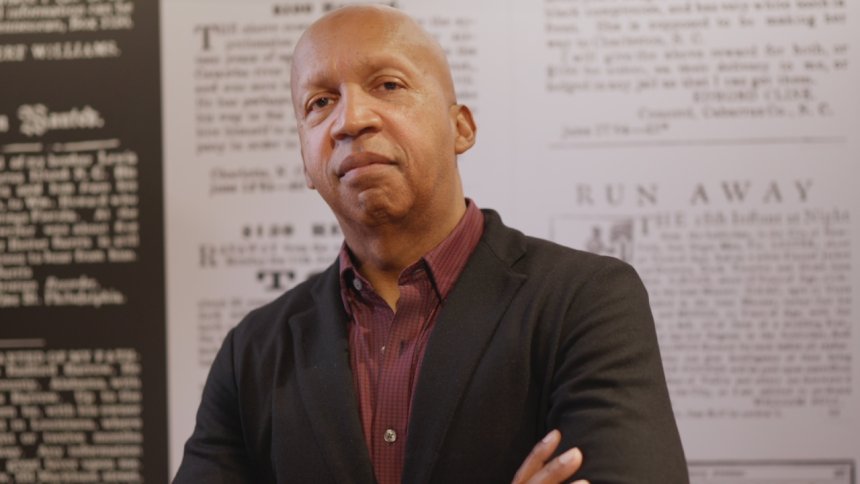The hidden bill of incarceration: How Black women bear the brunt of ‘pay-to-stay’ policies”
Report finds that pay-to-stay fees on incarcerated people leave financial strain on their loved ones, especially Black women. Did you

Report finds that pay-to-stay fees on incarcerated people leave financial strain on their loved ones, especially Black women.
Did you know that nearly all states allow jails and prisons to charge incarcerated people for things like room and board and medical care? It is a financial cost that is often passed on to families and loved ones, and is especially harmful for Black families.
According to the Prison Policy Initiative, Black people make up 37% of local and state prison populations. Similarly, data shows that 48 states permit at least one “pay to stay” fee, 42 states (and Washington D.C.) allow facilities to charge incarcerated adults for room and board, and 43 states allow charges for medical fees, per Axios.
While these fees are supposed to be taken directly from incarcerated people’s wages, most adults working in these facilities make less than $1 a day. As a result, these balances grow, and that debt is either carried over into incarcerated people’s lives after release or passed onto their loved ones.
The implementation of “pay-to-stay” fees began in the 1970s when state officials sought to alleviate incarceration costs from the public budget. The trend grew in the 1980s following federal funding cuts under the Reagan administration, leading to charges for meals, phone calls, and even court-appointed counsel.
Fines and Fees Justice Center (FFJC), an advocacy group, reports that these incarceration debts disproportionally impact women, particularly Black women, as surveys show that women make up 83% of those paying fines, fees, and bail for incarcerated people. Despite women making 83 cents for every dollar men make and Black women making 66 cents for every dollar white men make, research found that Black mothers are three times more likely than white mothers to be their household’s sole provider.
Beyond putting the financial strain of debt on Black women, it can also deeply impact a family’s financial future. In some states, debt collectors or probation officers send letters demanding full payment within 30 days, and in some cases, can seize any assets in the incarcerated person’s name, including college savings and inheritances.
“In most cases, it drains the account completely,” Brittany Friedman, a USC sociologist who leads the Captive Money Lab and was a consultant on the Campaign Zero project, told Axios. “We were the first to put this issue on the map — people were talking about mass incarceration, but no one was talking about families having their college funds and inheritances seized.”
While some states argue that these fees contribute to public services and victim restitution, the argument fails to explain how fees are imposed on incarcerated people for victimless crimes like drug possession. Meanwhile, states like Oklahoma are passing legislation to eliminate fees, and the state of Maryland recently waived $13 million in unpaid probation fees this year.
Share
What's Your Reaction?
 Like
0
Like
0
 Dislike
0
Dislike
0
 Love
0
Love
0
 Funny
0
Funny
0
 Angry
0
Angry
0
 Sad
0
Sad
0
 Wow
0
Wow
0

















